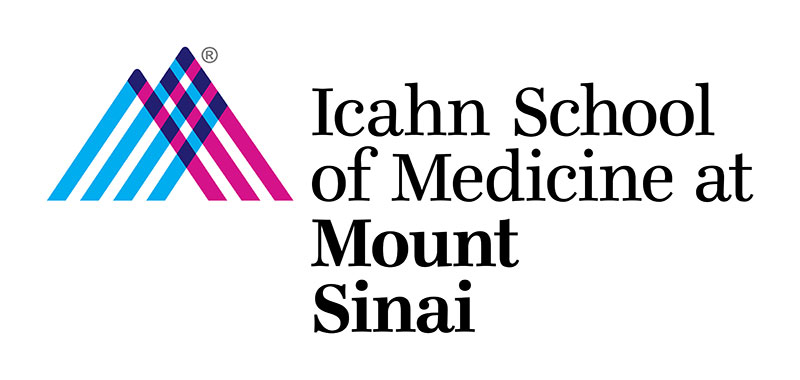Mount Sinai’s Ethylin Wang Jabs, MD, Elected as a Member of the Association of American Physicians
Dr. Jabs was among 64 individuals elected this year and honored at the Association of American Physicians annual meeting.
– April 18, 2011 /Press Release/ ––
Ethylin Wang Jabs, MD, Vice Chair and Division Chief of the Department of Genetics and Genomic Sciences at Mount Sinai School of Medicine, has been elected as a member of the Association of American Physicians (AAP) for her contributions to understanding the molecular basis of human malformations. Dr. Jabs was among 64 individuals elected this year and honored at the AAP annual meeting April 15 – 17 in Chicago.
“I’m honored to be joining this prestigious group of physicians and look forward to participating in their ongoing mission to preserve and advance science and medicine,” said Dr. Jabs, also a Professor of Pediatrics and Developmental and Regenerative Biology at Mount Sinai.
Every year the AAP, a nonprofit, professional organization founded for “the advancement of scientific and practical medicine,” elects members who have attained excellence in the pursuit of medical knowledge, and the advancement through experimentation and discovery of basic and clinical science and their application to clinical medicine. Their election gives them the opportunity to share their scientific discoveries and contributions with their colleagues at the annual meeting. Currently, the AAP is composed of over 1300 active members and approximately 600 emeritus and honorary members from throughout the world.
Dr. Jabs is a distinguished medical geneticist and leading expert on congenital anomalies, particularly of the craniofacial region. She identified the first human mutation in a homeobox domain, a DNA sequence involved in the regulation of patterns of anatomical development, of a gene in 1993 and since then found more than 15 disease genes for craniosynostosis, a birth defect in which one or more of the joints between the bones of an infant’s skull close prematurely before the brain is fully formed, cleft palate, and mandibulofacial dysostosis, a hereditary condition that can lead to defects of the face, implicating transcription factors, growth factor receptors, connexins, and cohesion proteins in craniofacial development. Dr. Jabs is now performing expression and proteomic studies to elucidate the pathogenetic mechanisms of these mutations and signaling pathways in dysmorphology, or birth defects. She is also exploring therapeutic strategies for craniosynostosis using novel mouse models developed by her laboratory.
Dr. Jabs received her MD from Johns Hopkins School of Medicine and joined Mount Sinai in 2007. She directs the Medical Genetics Residencies and Laboratory Fellowships at Mount Sinai, as well as the International Collaborative Genetics Research Training Program created to teach genetics to students and professionals from Peking Union Medical College and Peking University, as funded by the National Institutes of Health (NIH). Recently, she received an NIH planning grant for a multi-site clinical trial involving primary care provider genomic risk education. Dr. Jabs served as Chair of the Professional Ethics Committee for the American Society of Human Genetics, President of the Society of Craniofacial Genetics, and President of the American Chinese Geneticist Association. She is an advisory board member of The Smile Train and the Moebius Syndrome Foundation, and has served on the NIH Genome Study Section, the Genetics of Health and Disease Study Section, and the National Institute of Dental and Craniofacial Research (NIDCR) Board of Scientific Counselors.
About The Mount Sinai Medical Center
The Mount Sinai Medical Center encompasses both The Mount Sinai Hospital and Mount Sinai School of Medicine. Established in 1968, Mount Sinai School of Medicine is one of few medical schools embedded in a hospital in the United States. It has more than 3,400 faculty in 32 departments and 15 institutes, and ranks among the top 20 medical schools both in National Institute of Health funding and by U.S. News & World Report. The school received the 2009 Spencer Foreman Award for Outstanding Community Service from the Association of American Medical Colleges.
The Mount Sinai Hospital, founded in 1852, is a 1,171-bed tertiary- and quaternary-care teaching facility and one of the nation’s oldest, largest and most-respected voluntary hospitals. U.S. News & World Report consistently ranks The Mount Sinai Hospital among the nation’s best hospitals based on reputation, patient safety, and other patient-care factors. Nearly 60,000 people were treated at Mount Sinai as inpatients last year, and approximately 530,000 outpatient visits took place.
